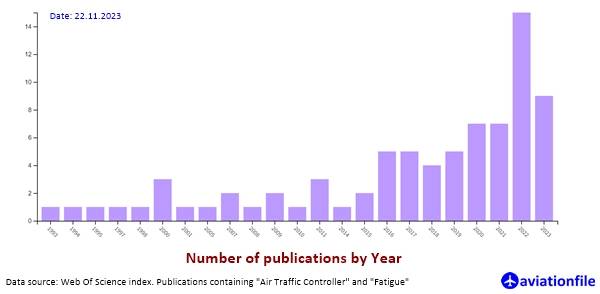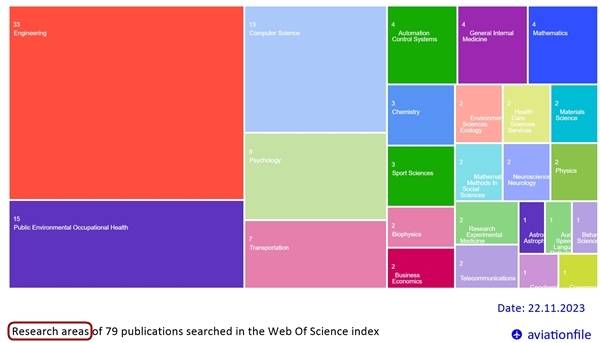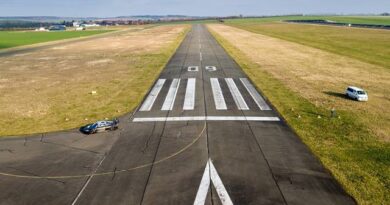Air Traffic Controller Fatigue: A Review of Academic Publications
Air traffic controllers (ATCs) play a critical role in ensuring the safe and efficient operation of the aviation industry. Their work demands high levels of mental vigilance, attention, and decision-making, often under demanding conditions. Fatigue, a state of reduced physical and mental performance caused by sleep deprivation or prolonged physical or mental exertion, can significantly impair an ATC’s ability to perform their duties effectively, potentially leading to errors and safety hazards. (Air Traffic Controller Fatigue: A Review of Academic Publications)
The Impact of Fatigue on ATC Performance
Numerous academic studies have investigated the impact of fatigue on ATC performance. These studies have consistently demonstrated that fatigue can lead to a range of adverse effects, including:
- Increased reaction time
- Reduced attention span
- Impaired decision-making
- Increased errors and omissions
Factors Contributing to ATC Fatigue
Several factors can contribute to ATC fatigue, including:
- Long shifts and irregular work schedules
- High workload and demanding work conditions
- Circadian rhythm disruptions
- Sleep deprivation
Fatigue Management Strategies for ATCs
To mitigate the risks associated with ATC fatigue, various fatigue management strategies have been implemented. These strategies include:
- Scheduling practices that promote adequate rest
- Work-hour limitations
- Fatigue monitoring and detection systems
- Education and training on fatigue management
Academic Publications with Numbers
Let’s take a look at the academic studies containing the words Air Traffic Controller and Fatigue with numbers. We took the studies we examined from the Web Of Science index. Web of Science is accepted as a reliable source where academic studies are indexed worldwide. We did not put any restrictions or filters on our search in the index, thinking that it would not be too much publications. There are no filters such as publication type, language, or country restrictions in our search. As a result of our search, we found out that a total of 79 academic publications were made throughout history.

The Figure1 shows the number of academic studies containing the words Air Traffic Controller and Fatigue by years. It is clear that there has been a steady increase in the number of studies on this topic over the years, with a particularly sharp increase in the last decade. This suggests that there is growing awareness of the importance of fatigue management in air traffic control, and that researchers are increasingly focused on understanding and addressing this issue.

Figure 2 shows the research areas of 79 publications searched in the Web Of Science index. As can be easily seen in the treemap chart, the engineering field has come to the fore.
References
Åkerström, T. (2001). Sleep loss and fatigue in air traffic control. In M. W. Rouse & D. J. Schroeder (Eds.), Handbook of aviation psychology (Vol. 1, pp. 521-543). Lawrence Erlbaum Associates.
Dawson, D., & Reid, K. (2010). Fatigue in air traffic controllers. Occupational Medicine, 60(2), 91-98.
Hancock, P. A., & Hart, S. G. (2004). Fatigue, alertness, and performance. In M. S. Wickens, J. G. Hollands, & J. Parasuraman (Eds.), Human factors in psychology and design (pp. 513-574). Lawrence Erlbaum Associates.
Kogi, K., & Miyake, Y. (2007). Fatigue and performance of air traffic controllers in real-time air traffic simulations. Aviation, Space, and Environmental Medicine, 78(1), 11-16.
Samel, A., & Hitchcock, E. M. (2012). Fatigue management for air traffic controllers: A review of the literature and recommendations for research. International Journal of Aviation, Aerospace Science and Hydroponics, 2(4), 1-35.



